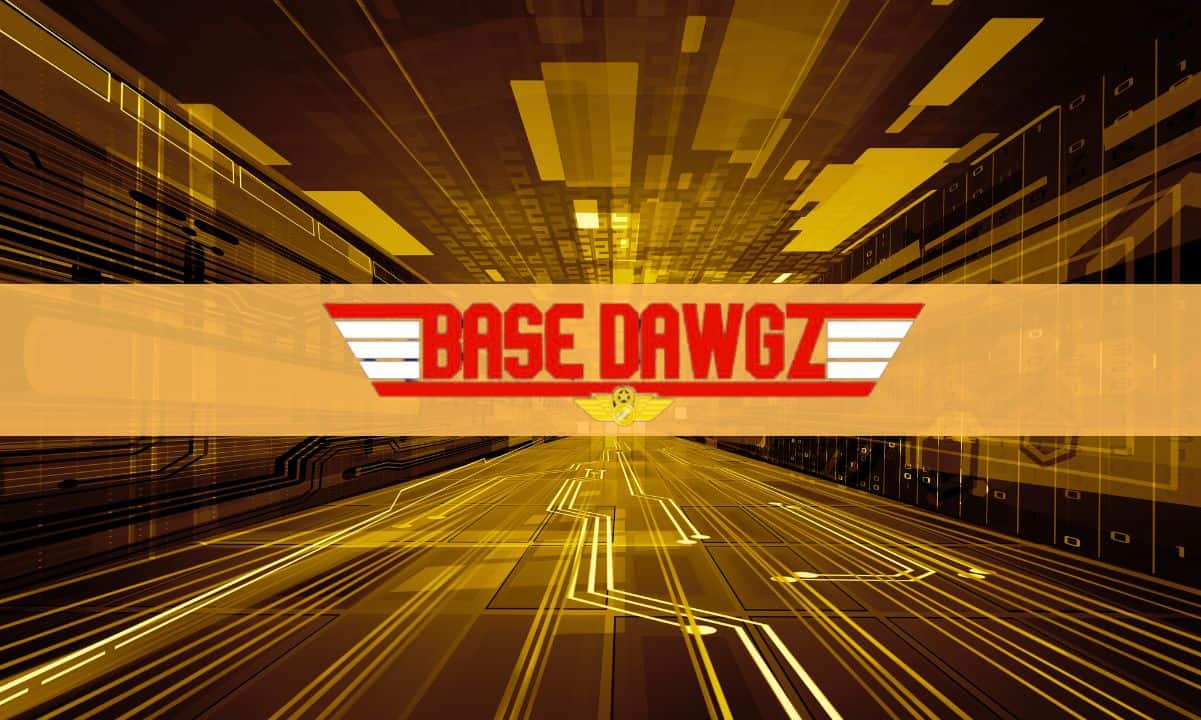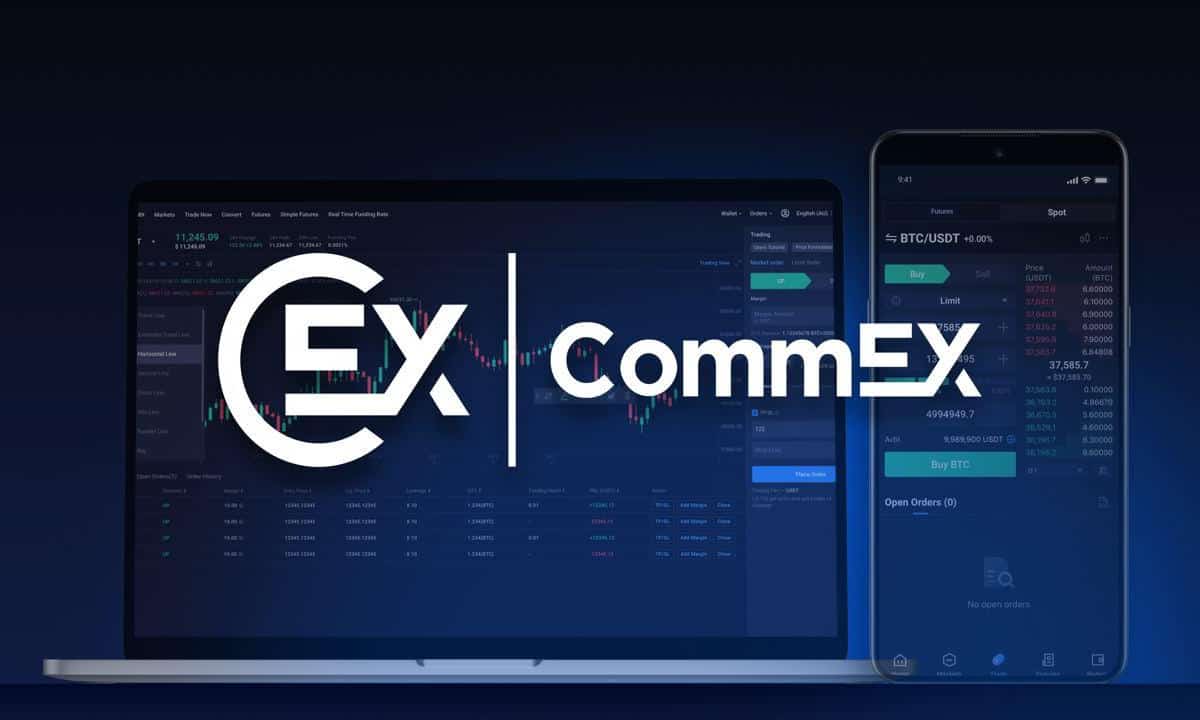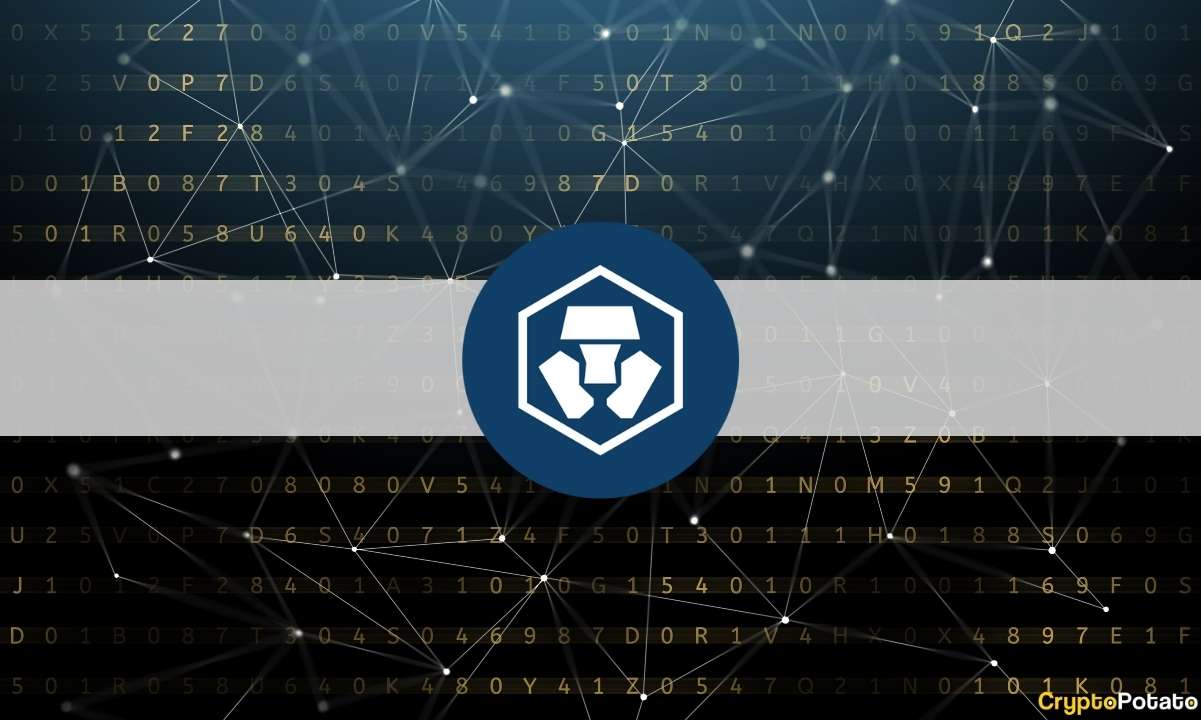Cardano Adds Smart Contracts Capabilities to Alonzo Testnet
The team behind the third-largest cryptocurrency by means of market capitalization – Cardano – announced that they’ve successfully added smart contract capabilities to the current testnet of the platform.
Smart Contracts Live on Alonzo
In an announcement made on September 2nd, Input Output – the research and development company behind Cardano – revealed that they’ve successfully updated the Alonzo testnet to now include Plutus smart contract capabilities.
Yesterday, we upgraded the Cardano testnet, successfully deploying Plutus smart contracts capability. The focus is now on final component testing & exchange integrations, ahead of the Alonzo mainnet upgrade, still on track for deployment on 12 September. – Reads the announcement.
The first thing that needs consideration is that this doesn’t mean that the main network of Cardano supports smart contracts – it still doesn’t, though based on the above tweet, they should come to life in 10 days.
What is Plutus?
Another thing to note is Plutus. Put simply, Plutus is the framework that would enable smart contracts on Cardano. According to a previous update, Plutus Core will be used to define the parameters of EUTXO transactions – this is an extended UTXO model which offers unique advantages over other accounting models. It would also compile the code that’s developed for smart contracts.
Additionally, a Plutus Application Framework (PAF) will provide easy access to applications and services that run on the network. It should also include full web browser interoperability.
“Applications written on top of the PAF automatically provide an HTTP and WebSocket interface that can be used to interact with the application from the web browser.”
Plutus should also expand on current token capabilities. This should improve minting policies, becoming rather beneficial for NFTs that need time locks.
It’s part of the Alonzo upgrade, which is currently in its testnet stage. Should the team manage to follow its deadlines, we may see a mainnet transition in 10 days.
Meanwhile, as CryptoPotato reported earlier today, the price of ADA has reacted rather favorably, pushing past $3 for the first time and setting a new all-time high at around $3.10.









